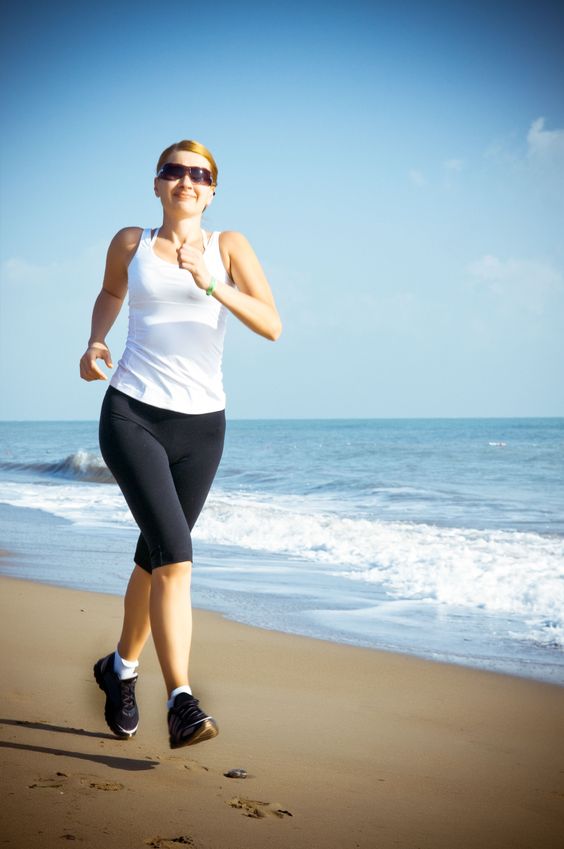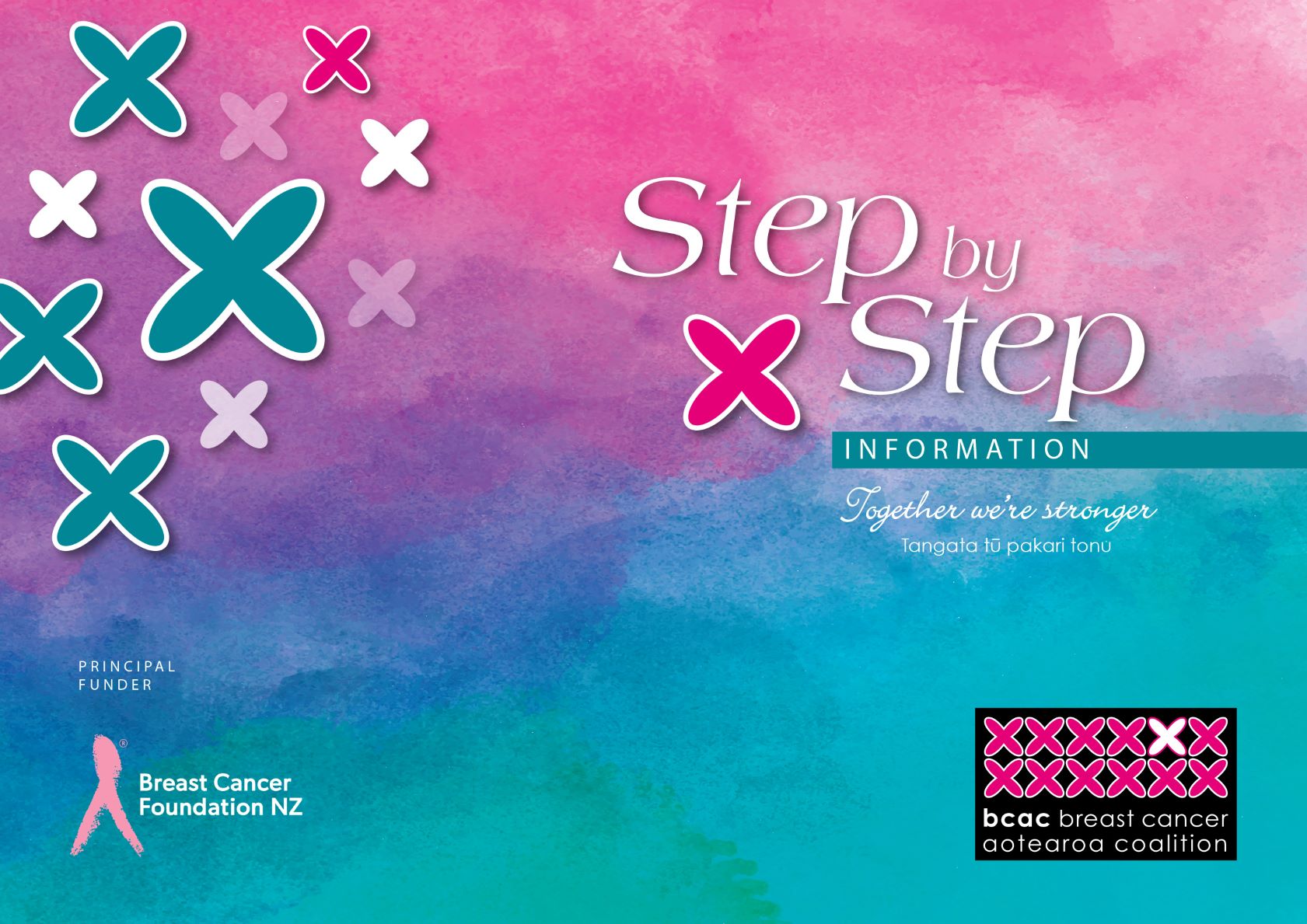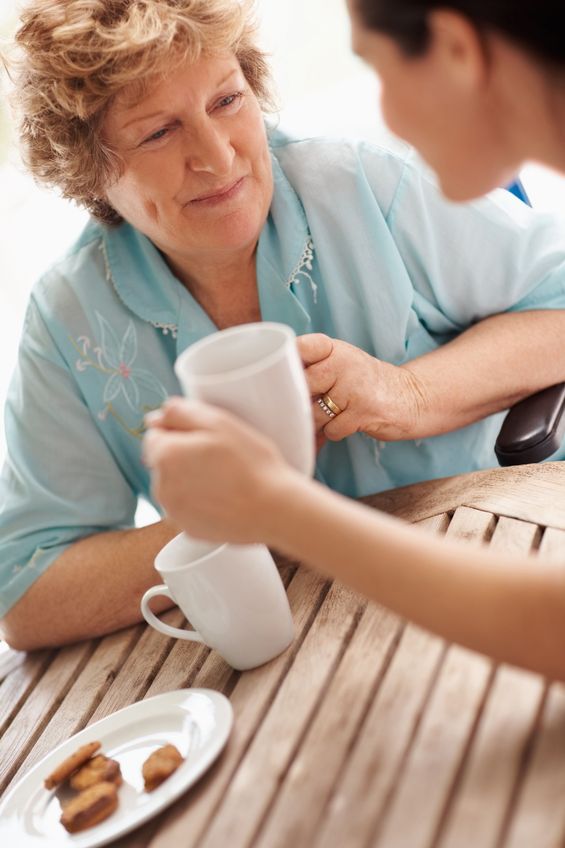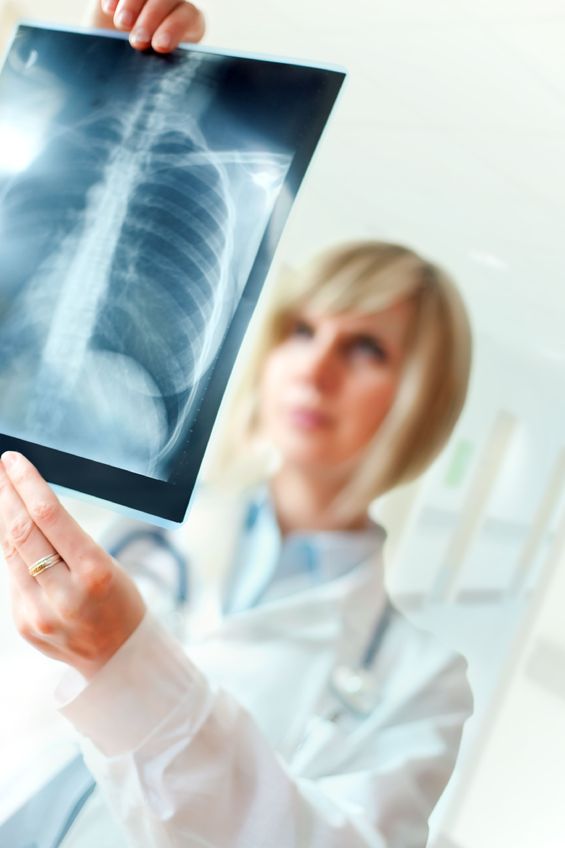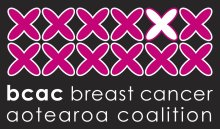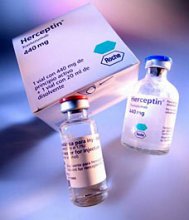Breast Cancer Risk
Breast cancer is the most common form of cancer to affect New Zealand women, with one in nine of us receiving this diagnosis at some point in our lives. Even so, the causes of this disease are not yet known.
On this page we list the known risks for breast cancer and give an indication of their relative importance. We also look at steps you can take that could lower your chances of getting breast cancer.
Risks
Factors that are known to increase your risk of getting breast cancer are, in order of magnitude:
• Being a woman - some men get breast cancer, but they represent less than 1% of all cases.
• Getting older - 50-year-old women are 10 x more likely to get breast cancer than 30-year-olds.
• Having certain genetic mutations - BRCA1 and BRCA2 are the best known; PALB2, TP53 and PTEN are more recently discovered. These mutations are not at all common but those carrying them have a 3- to 5-fold higher risk of breast cancer than the general population. You can be screened for these mutations if you have a strong family history of breast cancer*.
• Having several close relatives, such as a mother, sister, or daughter, who have been diagnosed with the disease - the more relatives, the greater the risk, ranging from 1.5 to 3.9 x the risk of those with no relatives with breast cancer.
• Having had breast cancer before – 1.55 to 3.9 x risk compared to those who have not.
• Using combined (oestrogen and progesterone) menopausal hormone therapy – 1.72 x risk, while you are taking it.
• Having dense breasts (as shown on a mammogram) – those with greater-than-average density have 1.53 x risk of those with less dense breasts.
• Periods starting when only 10 years old – 1.19 x risk compared to those who started at 13.
• Having your first child at over 30 years old – 1.2 x risk compared to before age 30.
• Having no children – 1.16 x risk compared to women who have had children. The more children you have, the lower your risk.
• Late menopause – those reaching menopause at 55 years or older have 1.12 x risk of those reaching menopause at 50 to 54 years.
• Greater than average height – those who are 172cm tall have 1.17 x risk of those who are 162cm.
• Higher than average Body Mass Index after menopause – those who are overweight (BMI > 27 kg/m2) have 1.12 to 1.4 x risk; the greater the BMI the higher the risk.
• Weight gain after menopause – gaining 5 to 20 kg after menopause increases risk by 1.06 to
1.26 x.
• Alcohol consumption – those who drink 2 to 6 drinks per day have 1.15 to 1.5 x risk of those who do not drink alcohol.
Factors that probably increase your risk of breast cancer are:
• Never breastfeeding – 1.05 x the risk of those who have breastfed.
• Low physical activity – physically active pre- and post-menopausal women have a 13 to 17% lower risk of breast cancer than those who are least active.
• Having had a high birthweight – babies weighing 4kg or more at birth have 1.99 x risk of getting breast cancer before menopause, compared to those weighing less than 2.5kg.
If you have these risk factors, it does not mean you will get breast cancer, but you may be more likely to than some other women. However, most women who get breast cancer have no known risk factors, other than getting older.
* Note: Genetic Health Service NZ (GHSNZ) has recently made changes to the way in which people who have a family history of breast cancer are assessed. These changes have come about following international changes to both risk assessment software and the revised criteria for genetic testing. The updated assessment process has resulted in a lowering of the estimated risk and revised surveillance recommendations for some families. If your family was seen by GHSNZ prior to November 2016, you may wish to discuss the possibility of a re-referral to the Genetic Service with your doctor. (July 2017)
Can I prevent breast cancer?
There's no way to prevent breast cancer, but you can take steps to try and decrease your chances of contracting this disease.
Preventative steps that may decrease your risk of breast cancer, include:
• Maintaining high levels of physical activity – including walking, household activities, occupational activities and vigorous activities like running or fast cycling.
• Maintaining a healthy weight, especially after menopause.
• Reducing your consumption of alcohol.
• Drugs known as aromatase inhibitors lower the risk of new breast cancers occurring in post menopausal women with a history of breast cancer.
• Many dietary factors have been investigated for possible links to breast cancer, but obtaining conclusive evidence for these is challenging. There is suggestive evidence that dietary calcium (not supplements), dairy, non-starchy vegetables and foods high in carotenoids (orange and yellow fruits and vegetables) can reduce breast cancer risk, and that processed meat could increase risk.
Find out more
This factsheet shows the proven risk factors for breast cancer and their magnitude. The full report is here.
